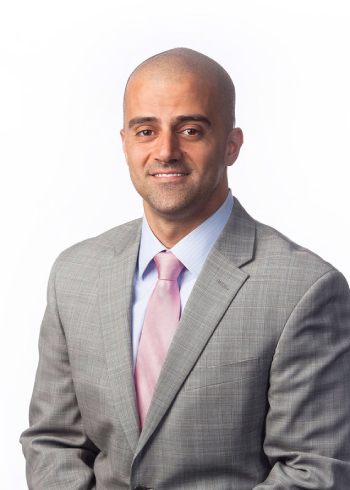Anyone who owns or operates a business in Illinois should familiarize themselves with our state’s fiduciary duty law. The law is meant to protect businesses and investors from the actions of unscrupulous owners or employees, but even well-meaning people are often accused of breaching their fiduciary duties.
Litigation over fiduciary duties is distracting, expensive, and a serious drain on productivity. At Vaziri Law LLC, we advise our Chicago area clients on best practices for people who owe a fiduciary duty to their company and litigate disputes over alleged breaches.
What is a fiduciary duty?
Under Illinois law, a fiduciary duty is the responsibility to act for the benefit of someone or something else rather than your own self interest. There are two main types of fiduciary duties: the duty of care and the duty of loyalty.
Duty of Care
The duty of care is the responsibility to act with good faith and in the best interest of the business when making decisions that impact the business. Under Illinois law, someone who owes a duty of care is presumed to be fulfilling their duty so long as they act the same way a reasonably prudent person would under the same circumstances.
A concept that is closely related to the duty of care is the business judgment rule. Under the business judgment rule, a business leader is typically held harmless for poor business decisions or outcomes as long as he or she was upholding his or her duty of care.
Duty of Loyalty
The duty of loyalty requires business owners, investors, and high-level employees to hold the interests of the company above their desire for individual gain. Anyone owing a duty of loyalty must avoid conflicts of interest or going into competition with the company while they are still helping to run it. They must also avoid self-dealing or siphoning profits away from the company.
Much like the business judgment rule protects those who owe a duty of care, there is a way to protect people who owe a duty of loyalty from liability — disclosure. Actions that might otherwise violate the duty of loyalty are often okay if they are disclosed and approved by the company ahead of time.
Who owes a fiduciary duty?
The directors, officers, and controlling shareholders of Illinois businesses owe fiduciary duties to the business, and in some circumstances, to each other. The Illinois Supreme Court has also held that certain high level employees may owe a fiduciary duty to their employer if they make decisions impacting the management and direction of the company.
What is a breach of fiduciary duty?
To prevail on a claim for breach of fiduciary duty under Illinois law, a plaintiff must prove that: (1) a fiduciary duty existed; (2) the defendant breached that duty; and (3) the breach proximately caused the plaintiff’s damages.
For example, assume the majority owner of an LLC is introduced to an inventor who has developed a product that will revolutionize the industry the LLC operates in. If that majority owner discourages the leadership of the LLC from adopting the new product and secretly sets up a competing business, the other owners of the LLC may bring a lawsuit for breach of fiduciary duty. The plaintiffs would need to prove:
(1) the majority owner owed a fiduciary duty to the LLC
(2) the majority owner breached that duty by purposely giving bad business advice to the LLC (breaching the duty of care), and setting up a competing business for his or her own enrichment (breaching the duty of loyalty)
(3) the above breaches caused the other owners to suffer damages (i.e. lost profits)
While this example is straightforward, business relationships and decisions are often quite complex. Consult an experienced Illinois business law attorney as soon as you suspect someone has breached his or her fiduciary duty or if you are accused of breaching your fiduciary duties.
Fueled by Passion. Built on Trust.
Vaziri Law LLC is a top-tier business litigation firm located in the heart of Chicago. We represent businesses and business owners throughout Chicagoland in lawsuits over fiduciary duties and proactively advise clients who want to avoid these costly disputes. Please contact us today to schedule a meeting.

